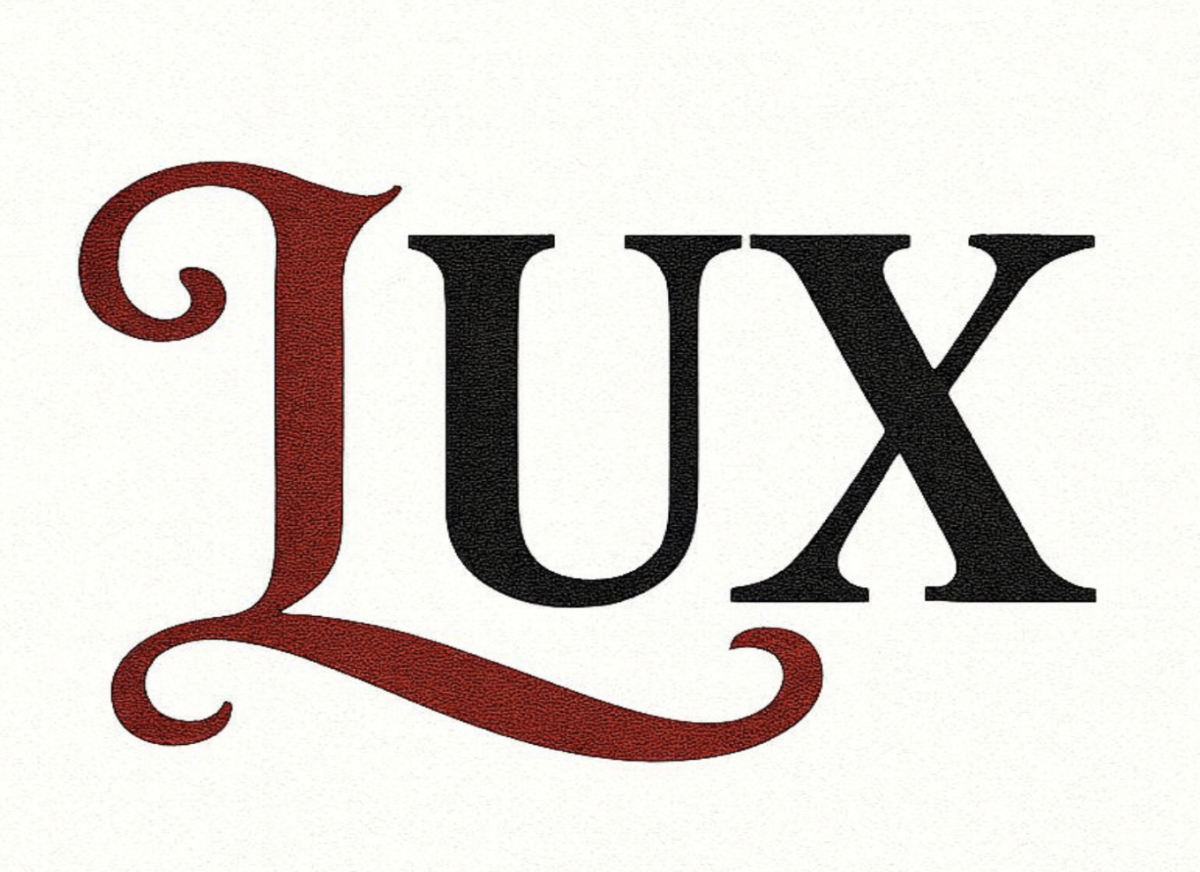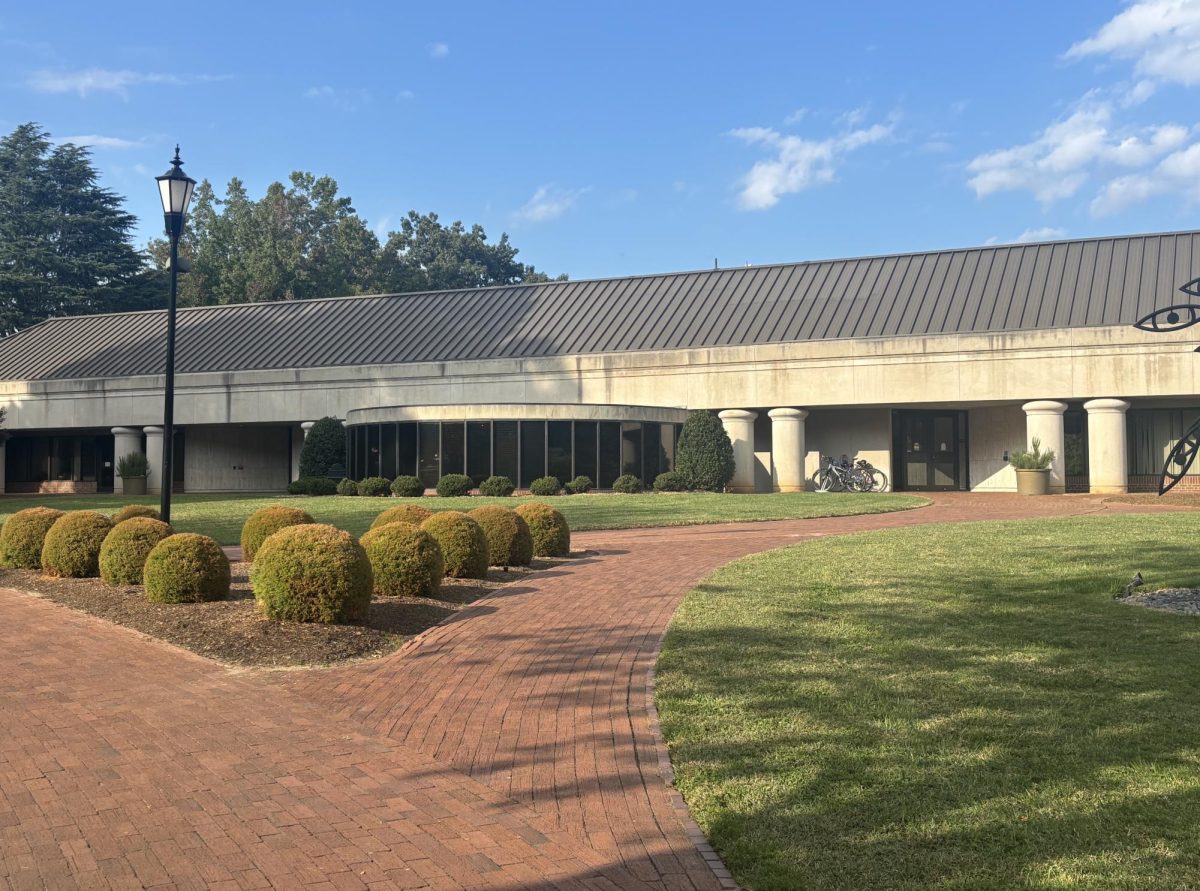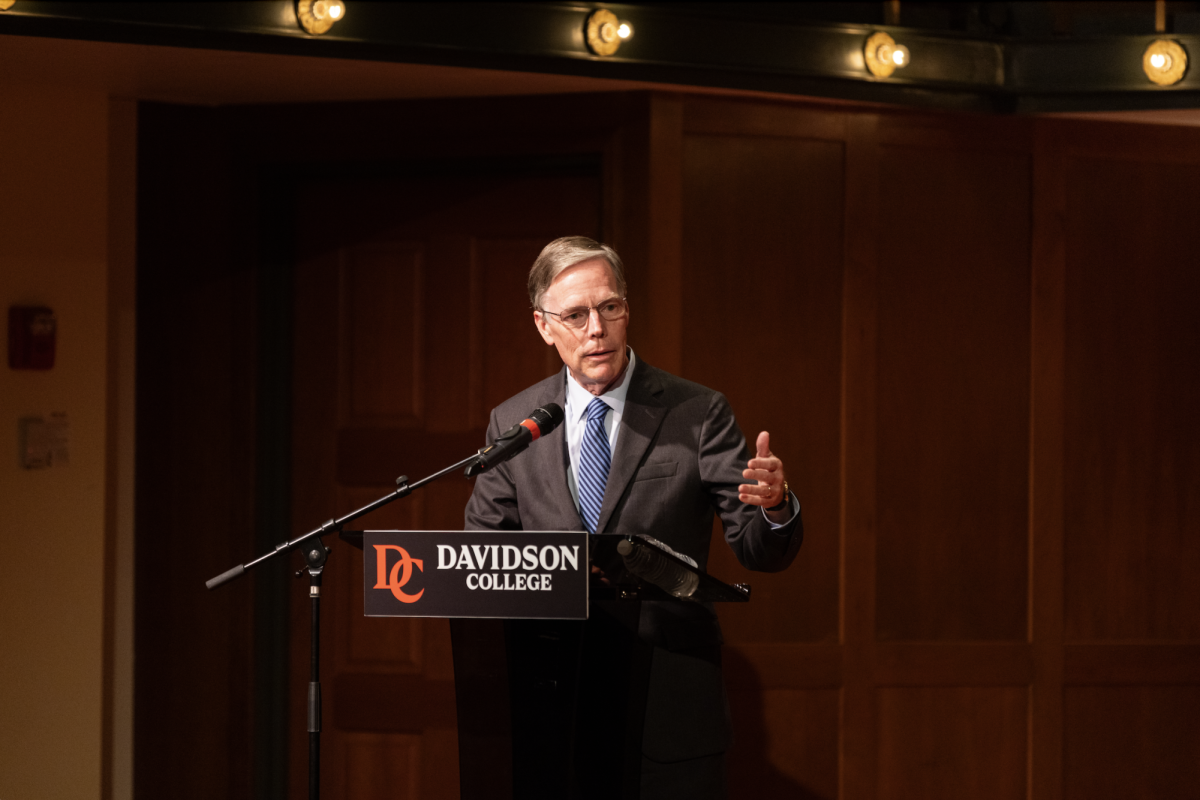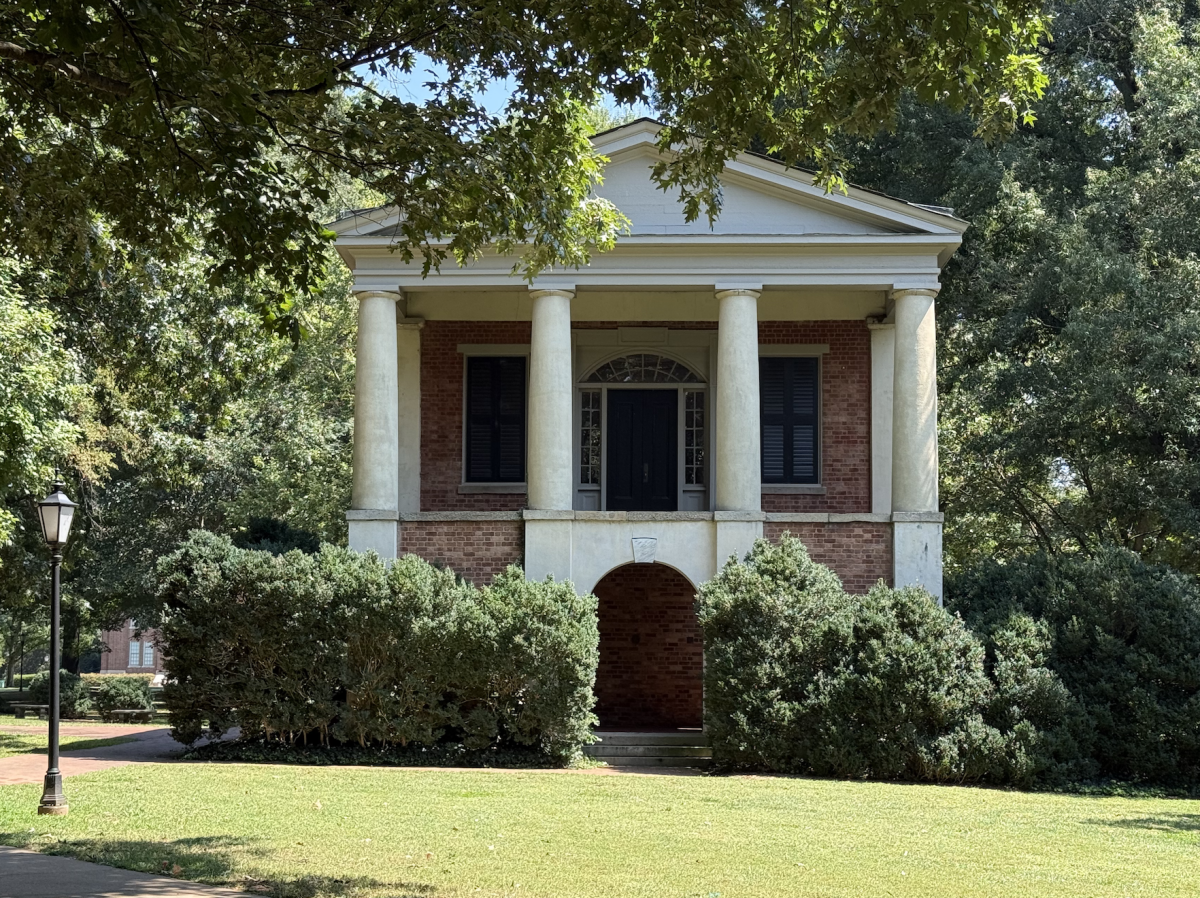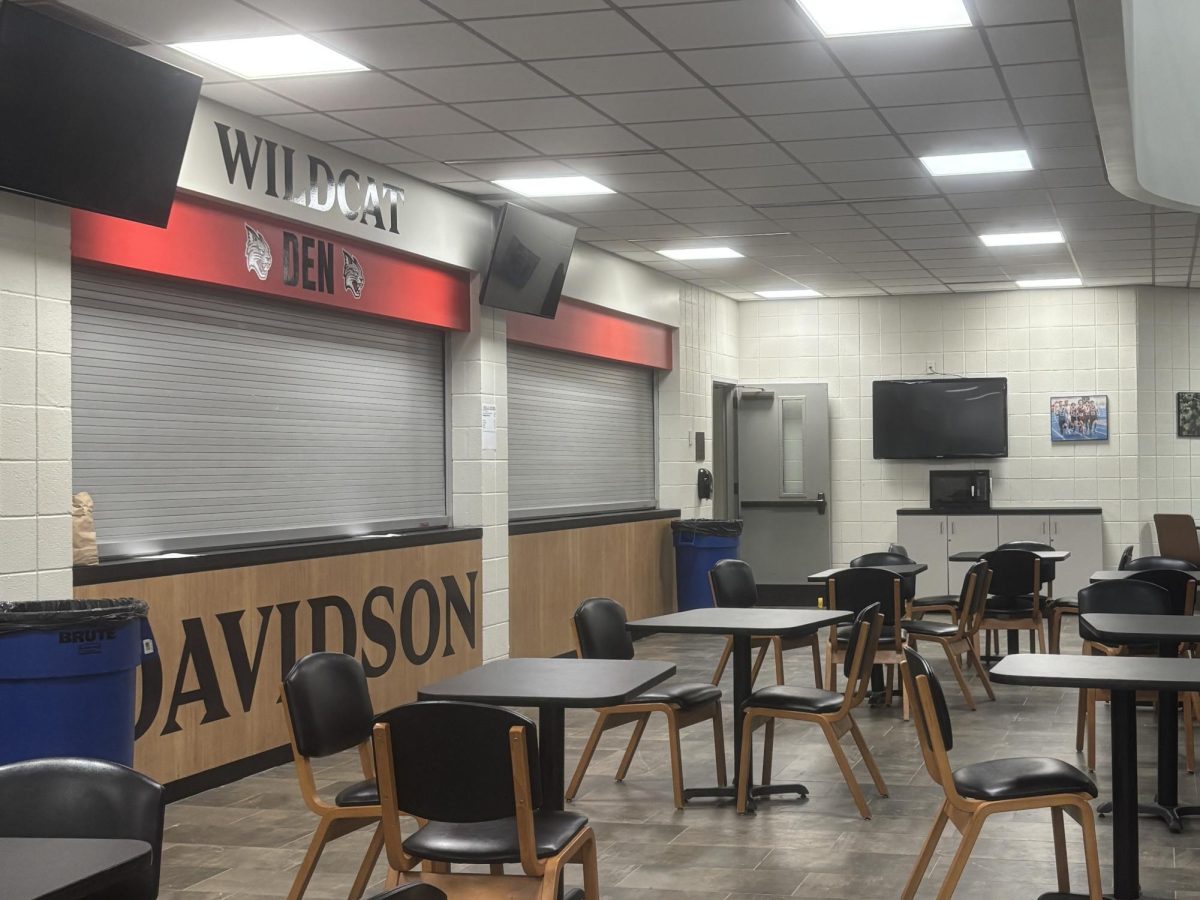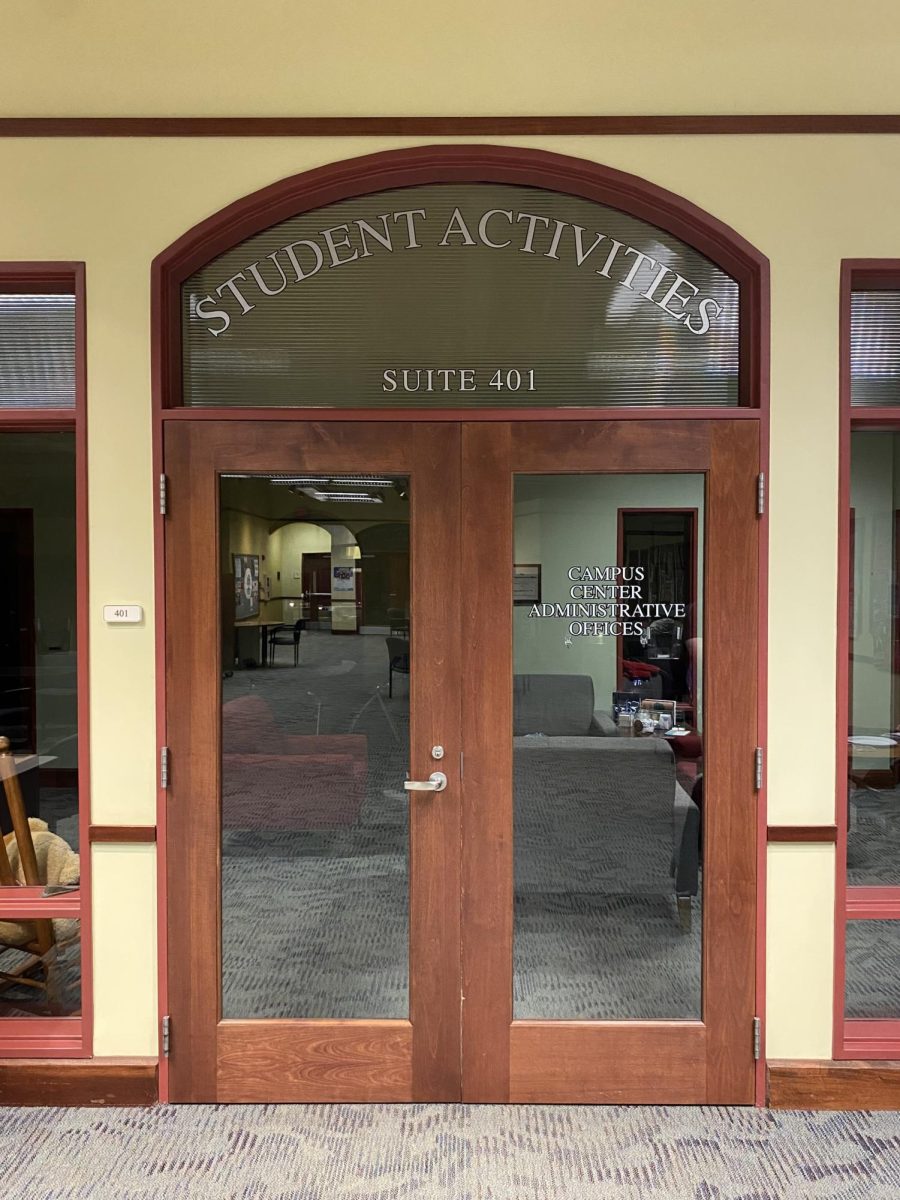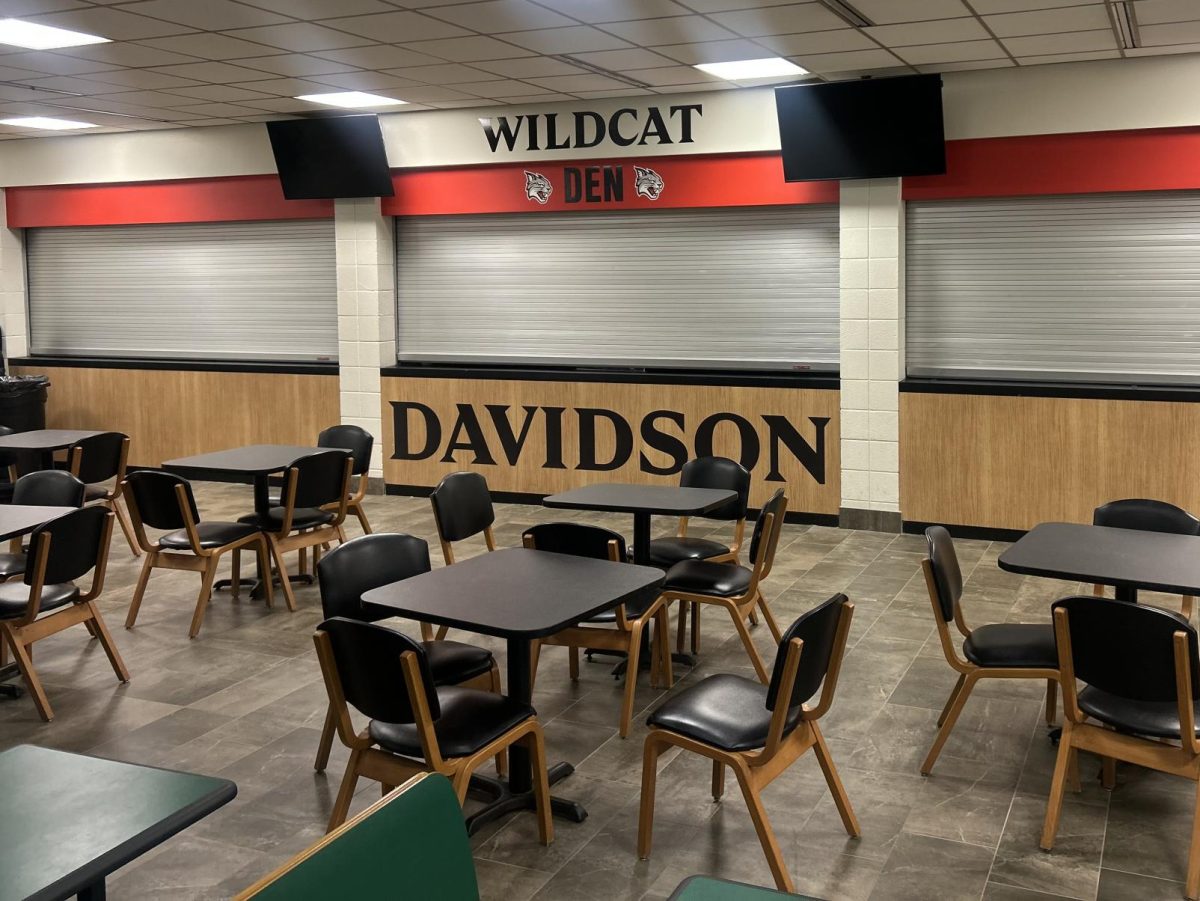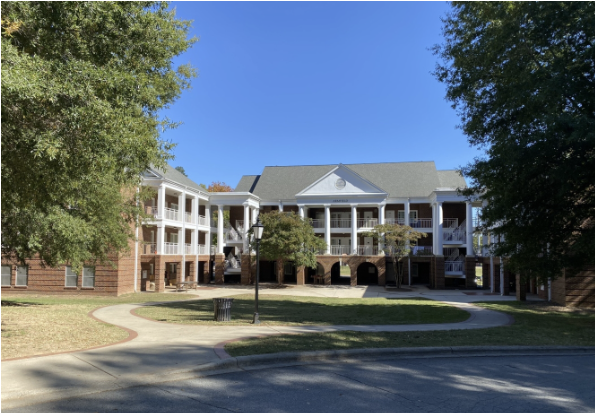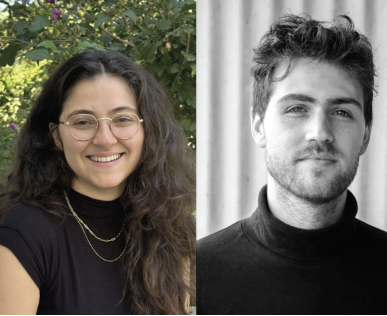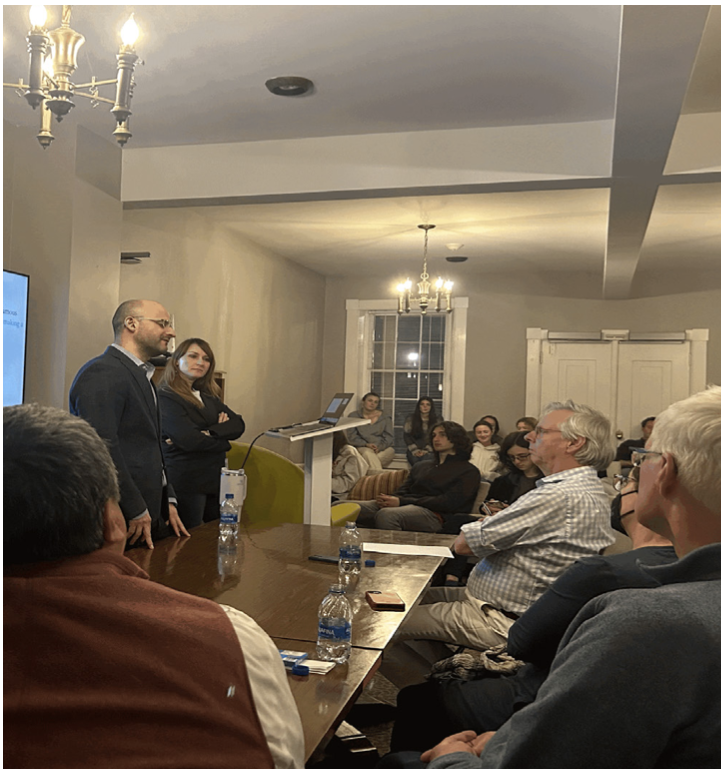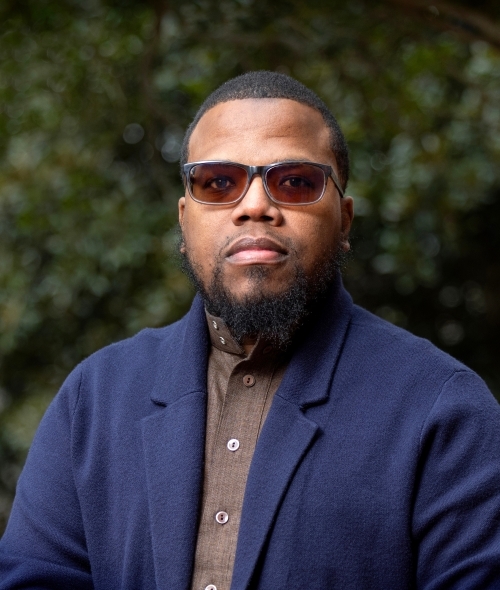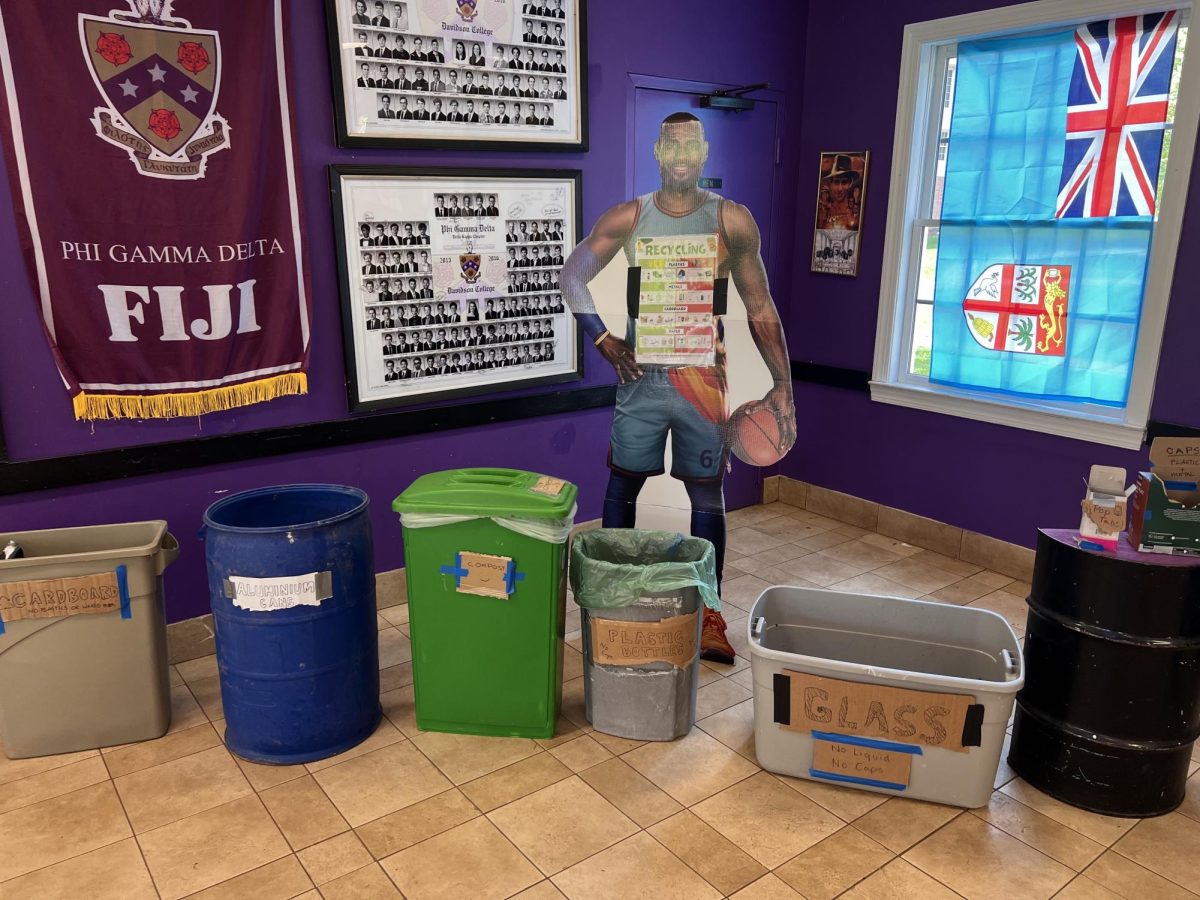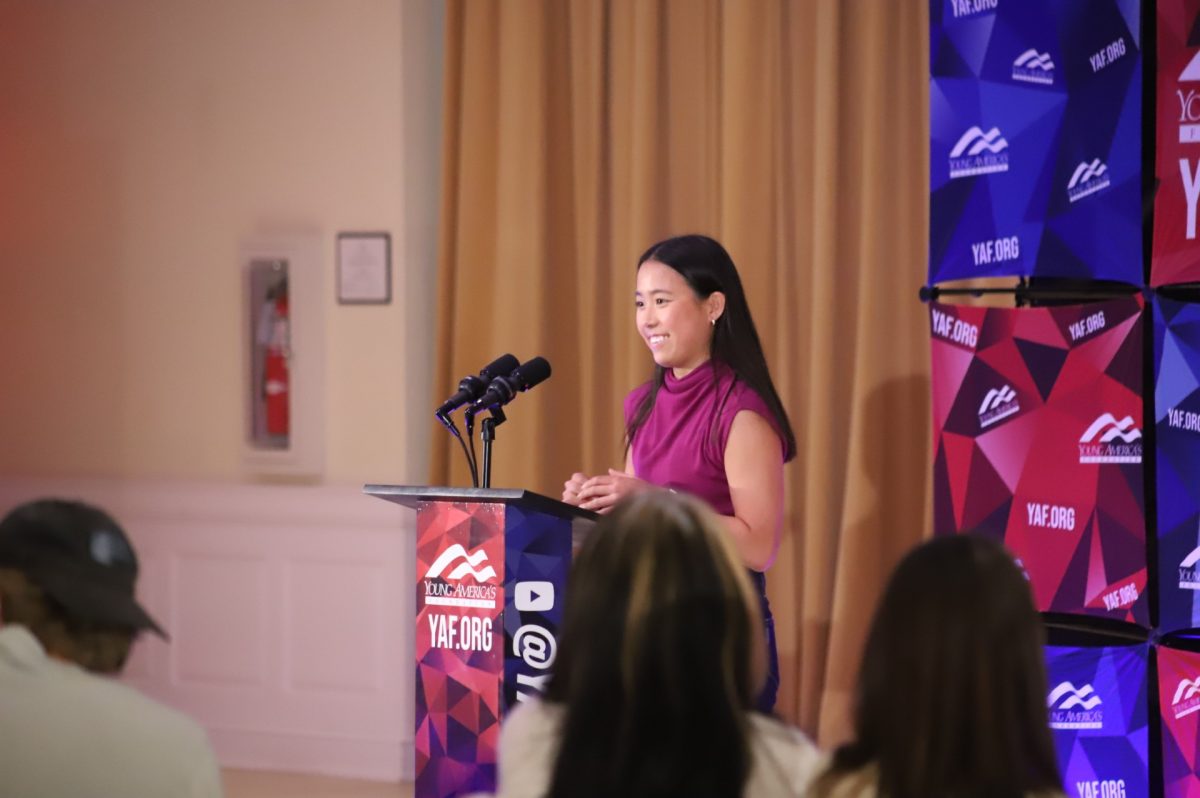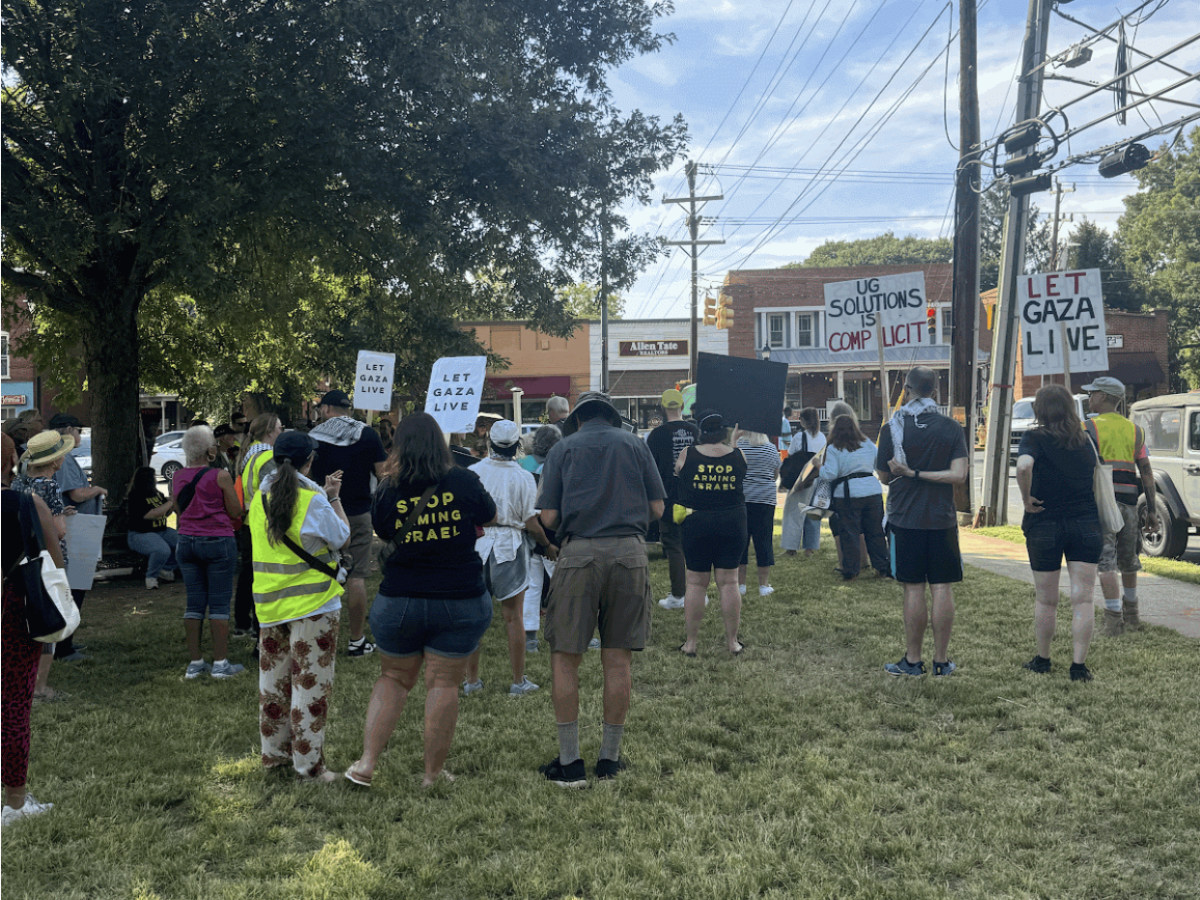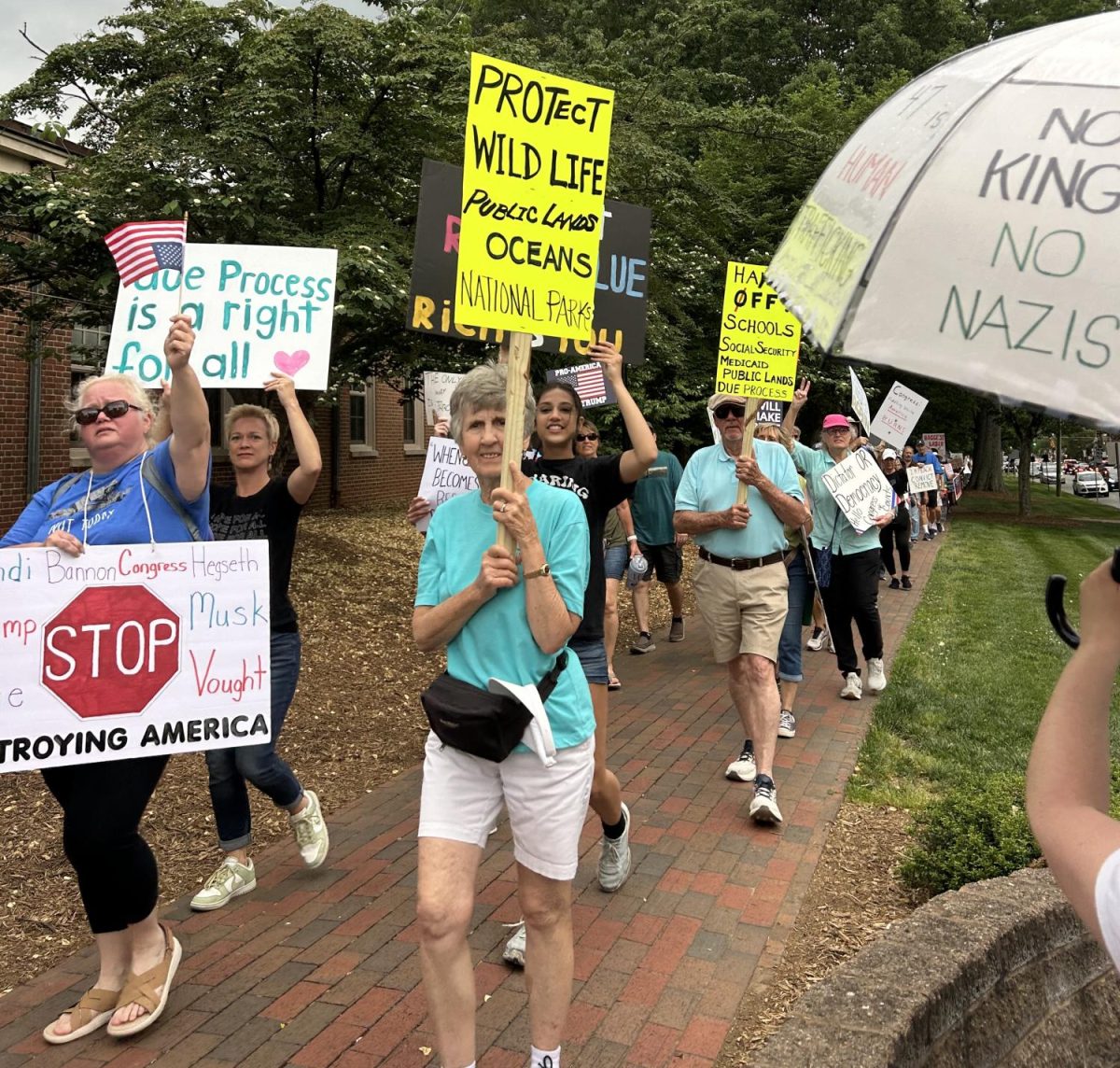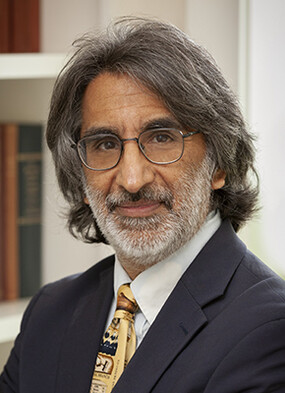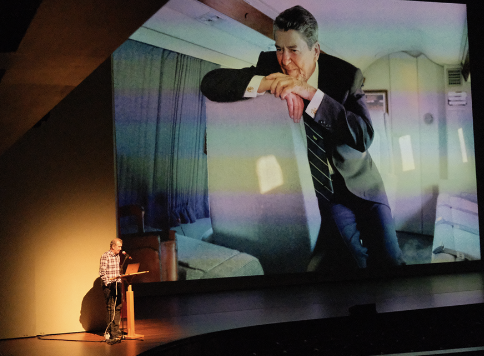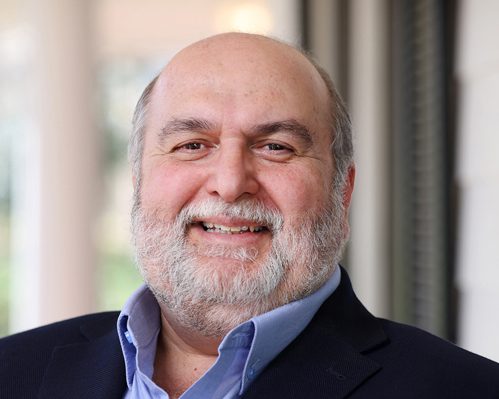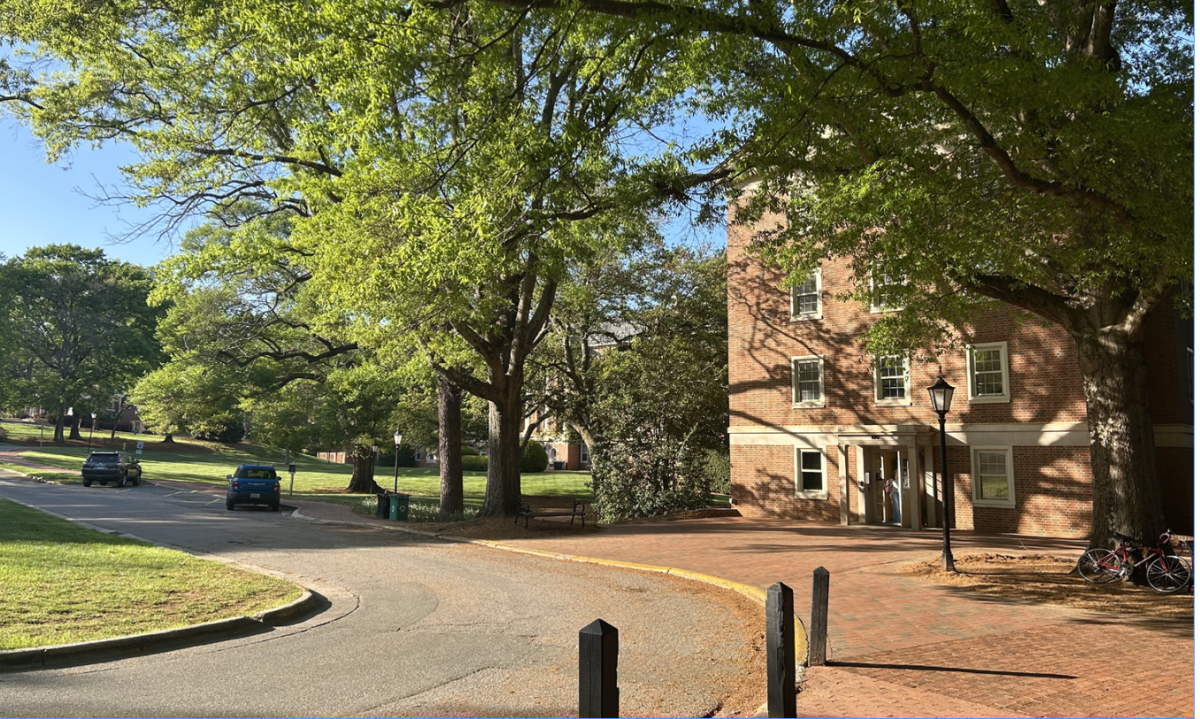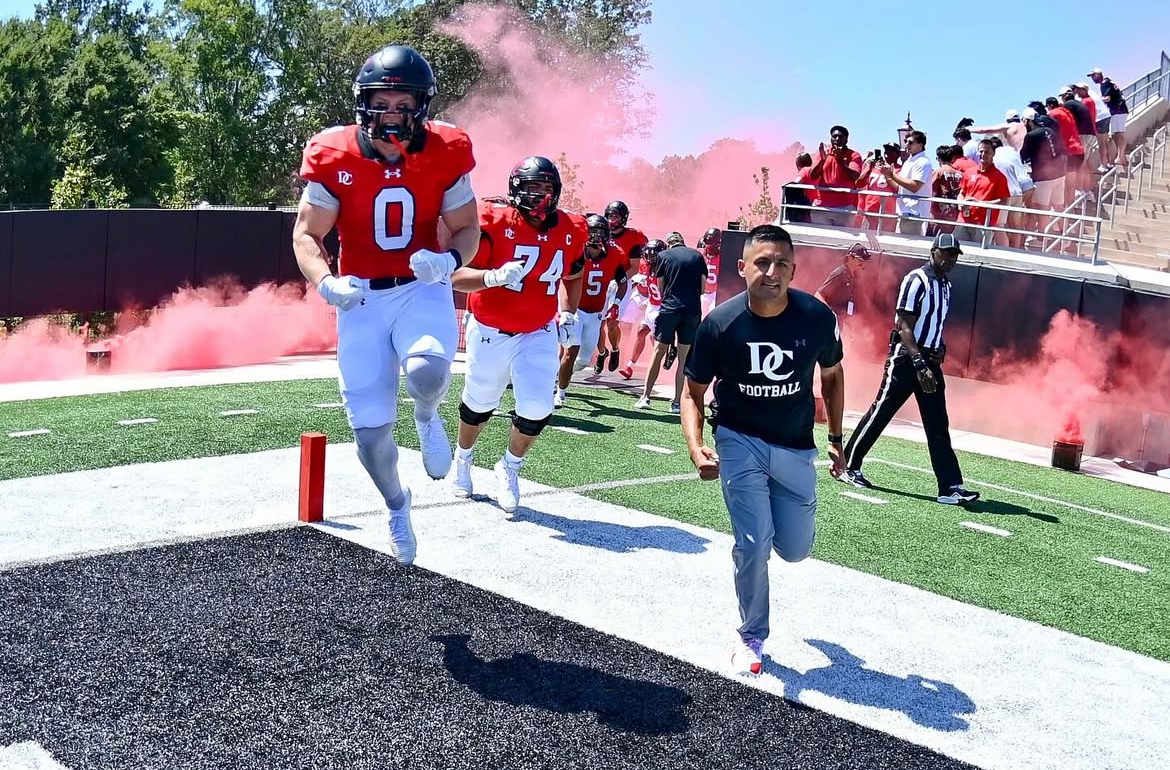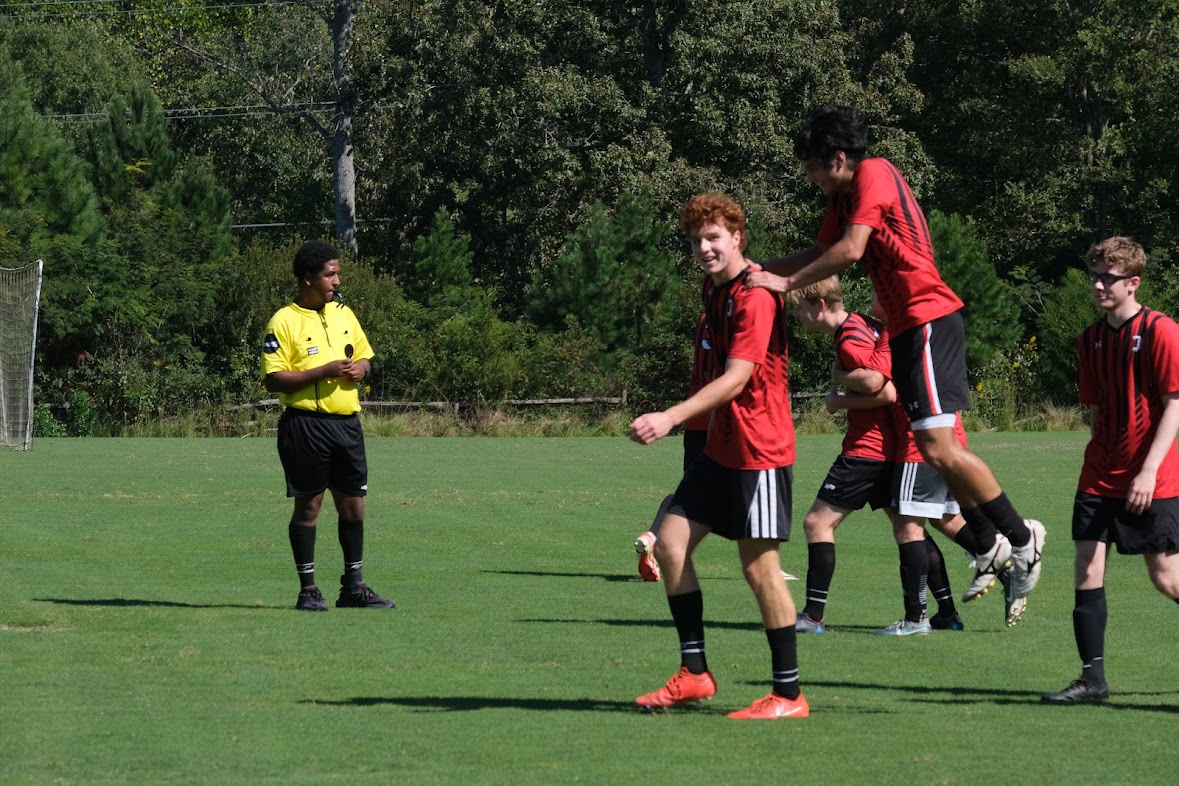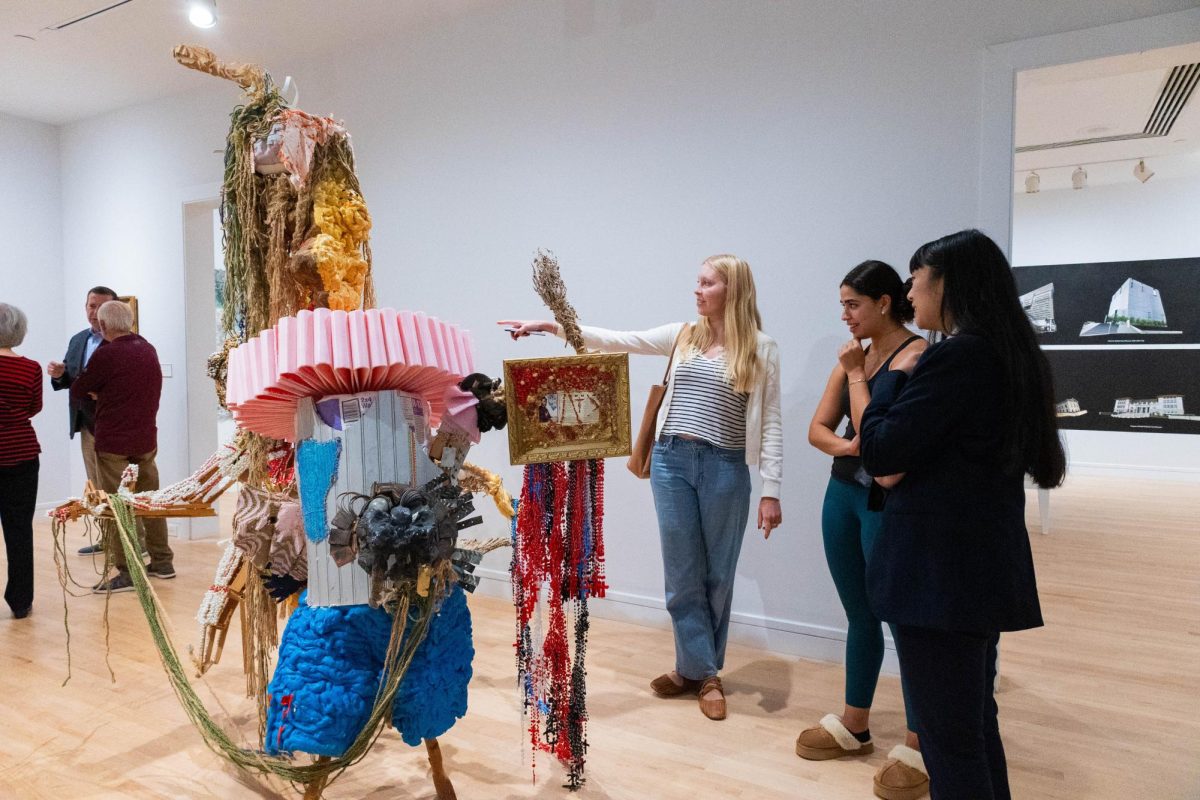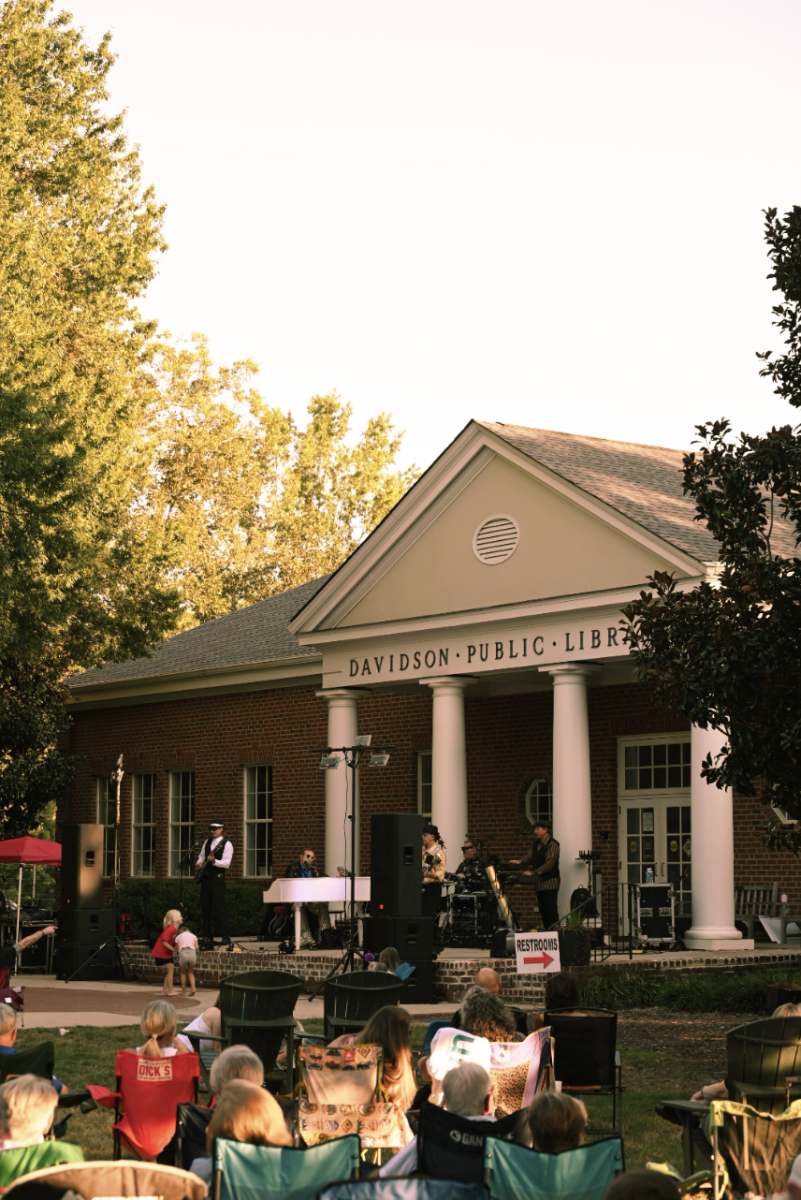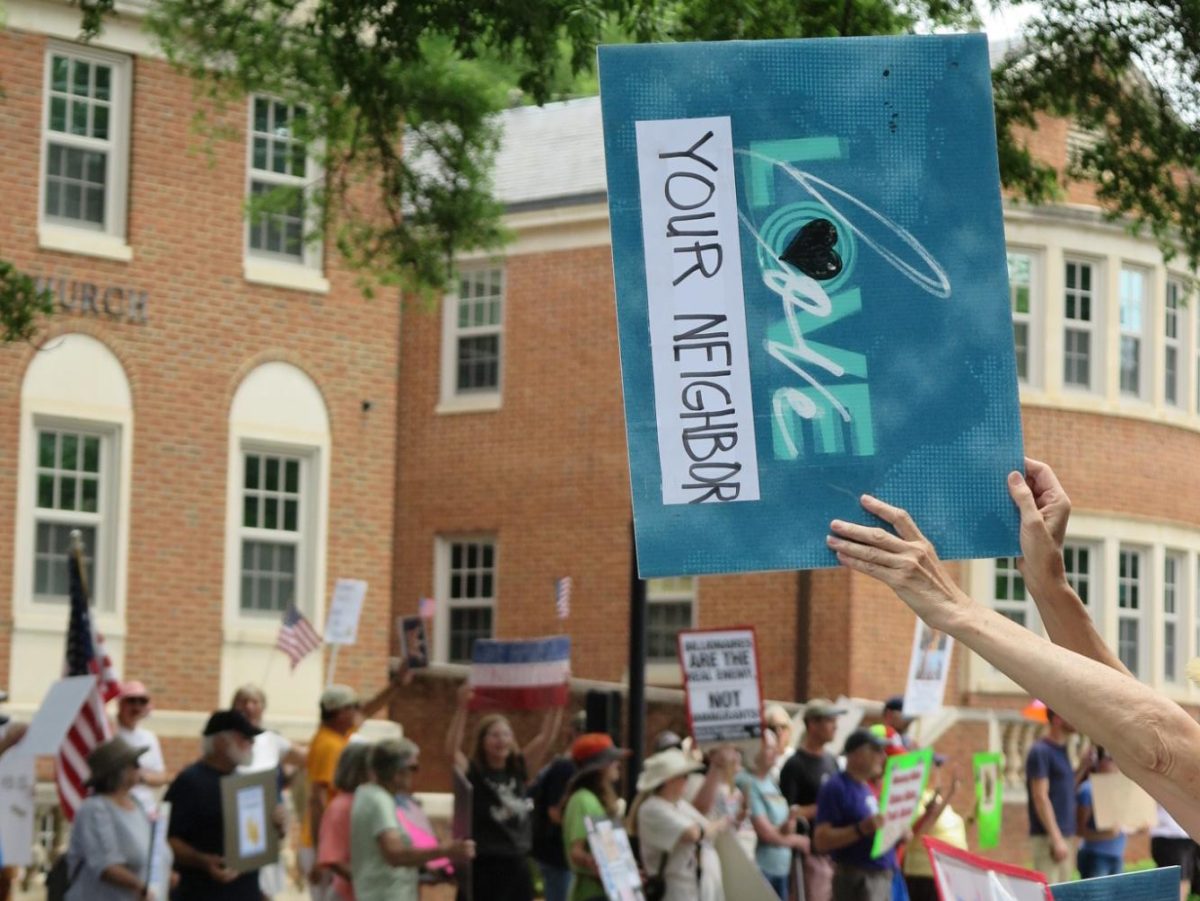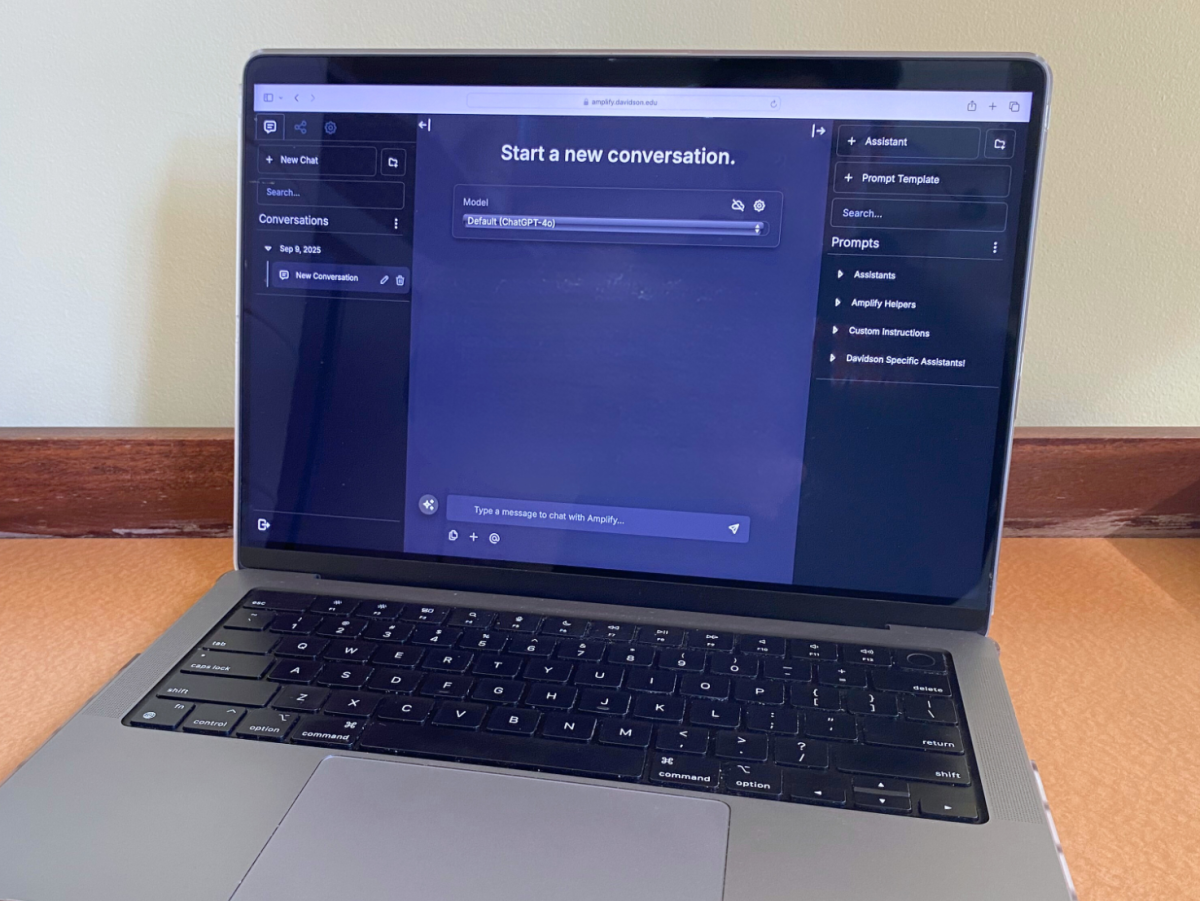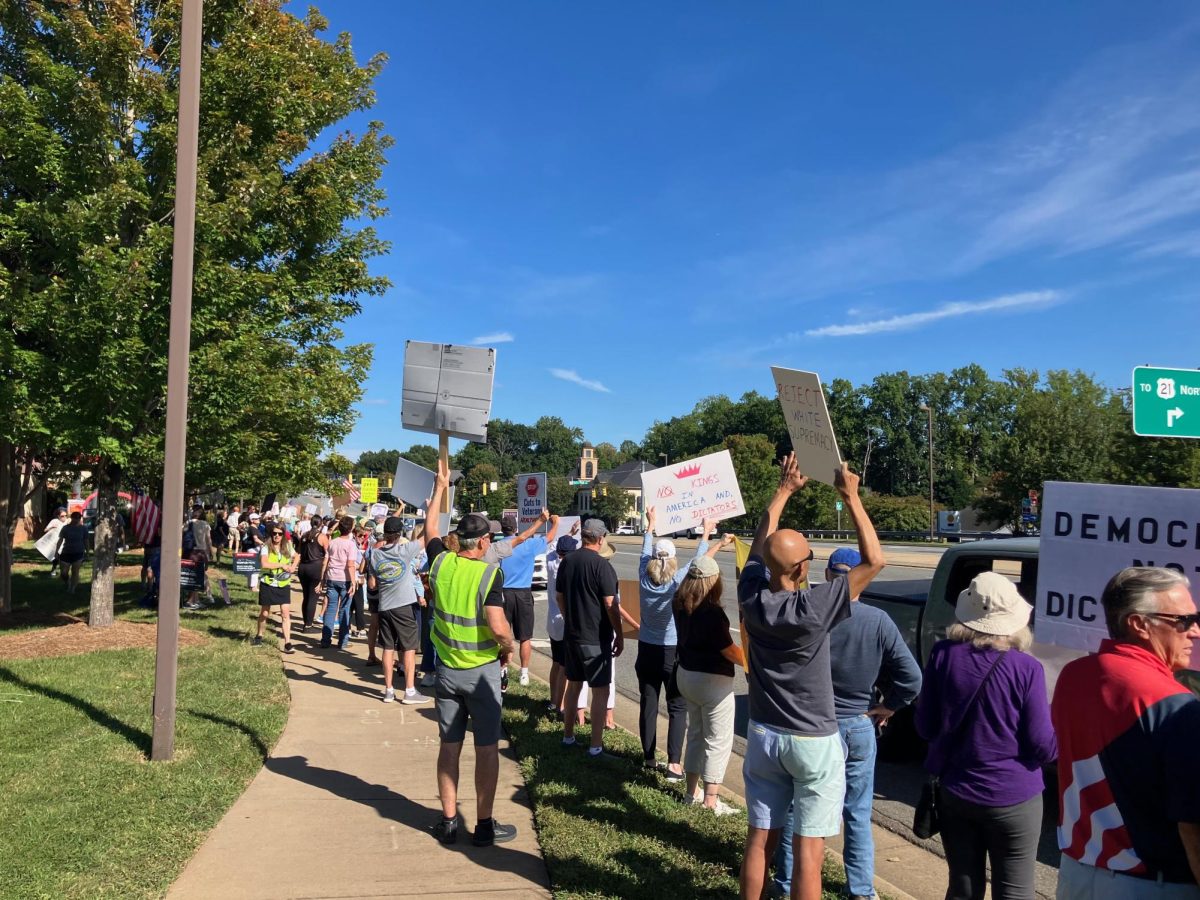Fresh off a four year stint as the US Ambassador to China, career diplomat Nicholas Burns addressed a sold-out crowd on Sep. 16 at the Tyler-Tallman Hall r for the Dean Rusk International Studies Program’s annual Bank of America lecture. Drawing on his experiences at the highest levels of international diplomacy, he spoke about the US-China rivalry which he believes will shape the future of international politics.
“The United States and China are in the most competitive, most difficult, complex and often contentious relationship that we have,” Burns said. “China represents the most powerful competitor that the United States has ever faced: stronger than Britain when it burned down the White House in 1812, certainly stronger than either Nazi Germany or Imperial Japan, certainly stronger than the Soviet Union.”
Though he focused on US-China relations, Burns’s illustrious career—with posts ranging from Director of Soviet Affairs during the fall of the USSR to Ambassador to NATO after 9/11 to foreign policy advisor to Joe Biden during his 2020 campaign—endowed him with a laundry list of experiences to draw from in his lecture.
“My wife, Libby and I have served since 1980. We’ve lived all over the world,” Burns said. “I think our experience in China was by a long mile, the most difficult and challenging assignment that we’ve had because of the extraordinary, brittle nature of the relationship between the two strongest countries in the world.”
The Dean Rusk Program has frequently hosted speakers covering China. During the 2022-23 school year, Dean Rusk hosted a China-Taiwan Speaker Series featuring guests like Ambassador Craig Allen and Deputy Under Secretary for the International Trade Administration Sarah Kemp with lectures tackling US-China issues from supply chains to interdependence.
Brown Professor of Asian Politics Shelley Rigger, who is also Vice President for Academic Affairs and Dean of Faculty, has delivered multiple public lectures on the subject, explaining her nationally renowned work on East Asian international relations to the Davidson community.
“China is always a popular topic for Dean Rusk events, yet having Ambassador Burns on campus tonight to speak about the US China rivalry for global power comes at a moment where there’s extraordinary demand for more information from bona fide experts,” Dean Rusk Program Director and History Professor Jane Mangan said.
Many campus organizations in addition to Dean Rusk have reckoned with the politically salient issue of Asian politics. For example, last year, the Deliberative Citizenship Initiative (DCI) hosted a Deliberative Forum on the Legacies of World War II in the Asia Pacific Region, amplifying different perspectives on the still divisive memory of this time across Asia.
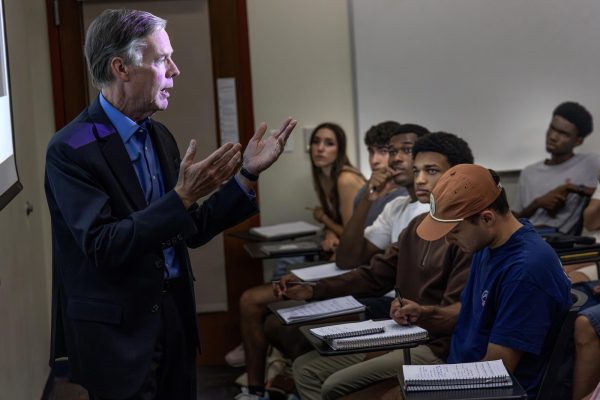
Burns’s lecture represents a return in focus for Dean Rusk to China after a year of amplifying other parts of the globe. Last fall, the lectures focused more on the European geopolitical front, with speakers John Etcheverry, George Butler, Lauren Van Metre ‘84 and Elena Kostyuchenko visiting to discuss the Russian invasion of Ukraine. Spring programming centered on on Israel and Africa. Burns’s arrival marks a renewed commitment to the study of US-China relations just as decision makers like Under Secretary of Defense for Policy Elbridge Colby push the US towards an “Asia First” grand strategy.
Tickets to Burns’s lecture were in high demand. Available to Davidson students and staff for a month in advance, tickets sold out only two days after opening to the public.
“Our speedy sellout at Tyler-Tallman Hall was evidence of a high degree of interest for this event,” Mangan said.
“It was really hard to get a ticket. I checked a week and a half before and they were all sold out,” Will Fledderman ‘28 said. “I had to ask around if anyone had an extra ticket and outbid our other friends who were fighting for a ticket.”
Students took a variety of different reactions away from Burns’s talk.
“I thought it was interesting the importance he placed on our democratic allies,” Fledderman said. “I also learned a lot about our military and technological edge that’s really important to the future of US-China relations.”
Novak Chen ‘29 found the lecture informative yet dry at points.
“For someone with no background information on the status quo, it was pretty informative. However, the lecture felt like more of a literature analysis than something groundbreaking.” Chen said. “I think it was below expectations because I was expecting something fresh that I hadn’t ever considered before.”
In addition to delivering the lecture, Burns engaged with Davidson students around campus on Tuesday. He had tea with students and sat in on Professor Kerem Zhu’s Introduction to Policy Analysis course for an interactive activity on US-China great power competition.
“I had the incredible pleasure of attending [Professor Zhu’s] class and really sitting in the classroom as a student,” Burns said during the lecture (?). “She really taught us a lot about the migration that Chinese and Americans have made from engaging each other so productively 20 to 30 years ago, and we now find ourselves in an era of competition and confrontation.”
“I also just want to recognize that having been with Ambassador Burns for several events today, not only has everything he’s delivered been magisterial and a joy to learn from all his experiences, but his spirit of generosity with everyone he’s engaged with has been superb,” Mangan said.

